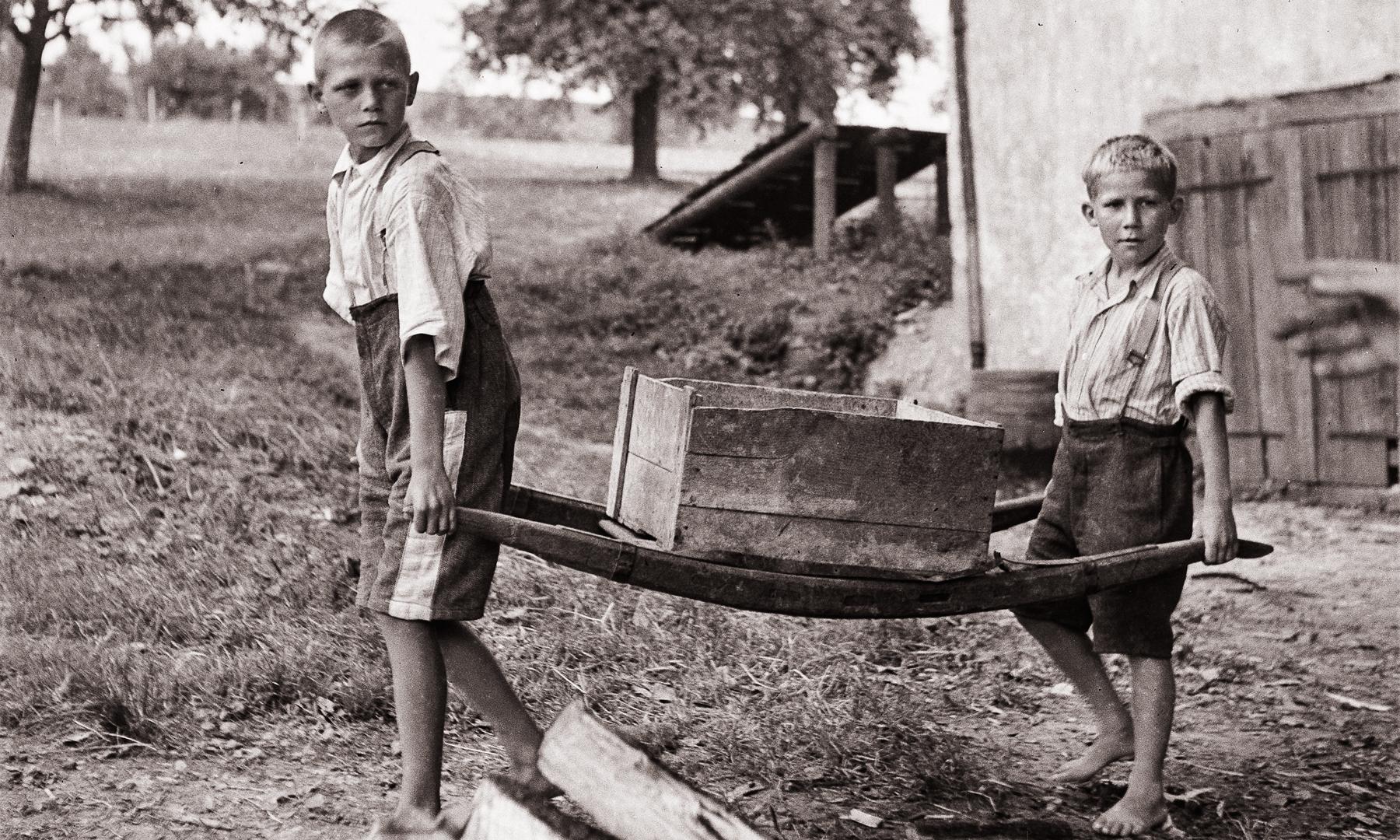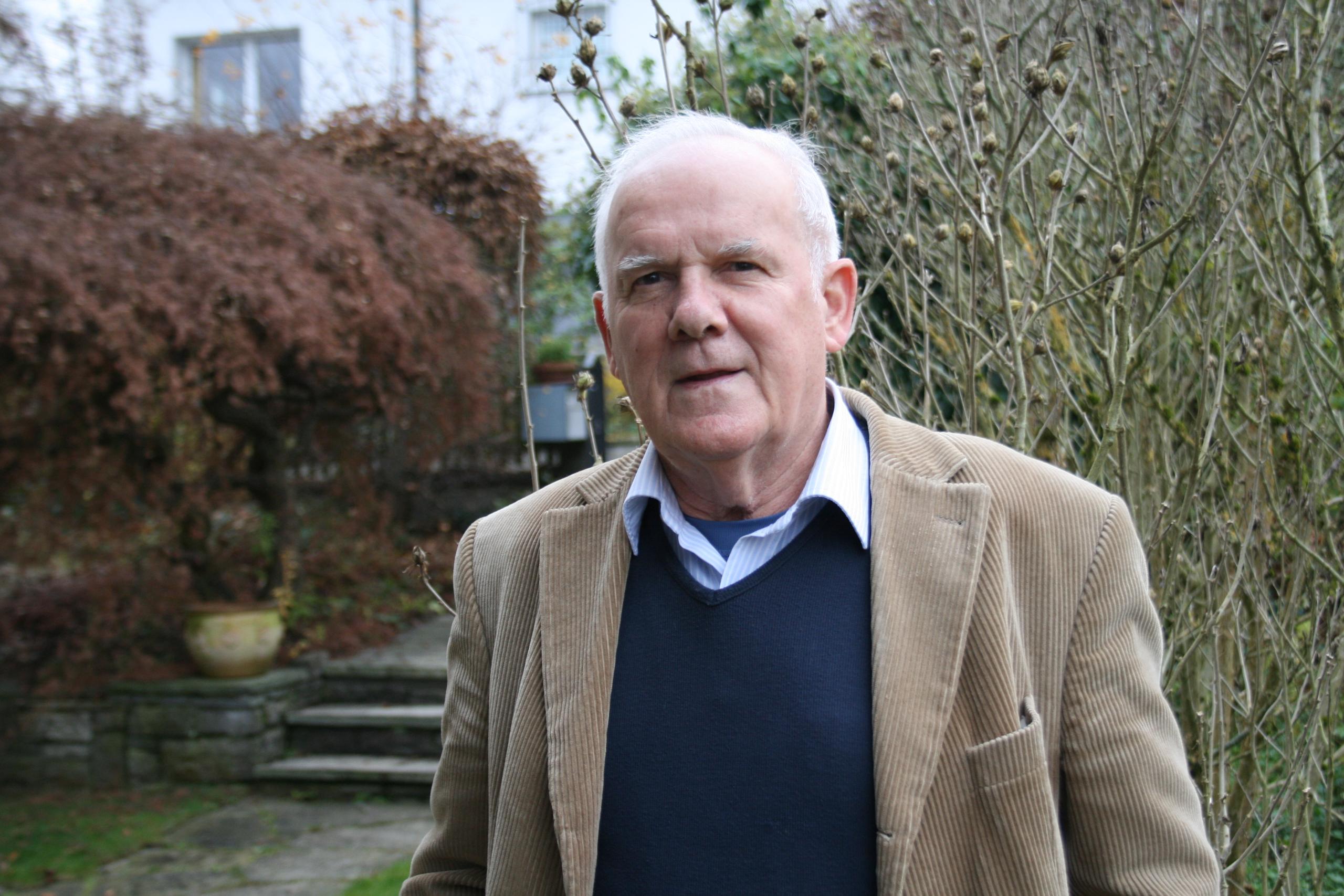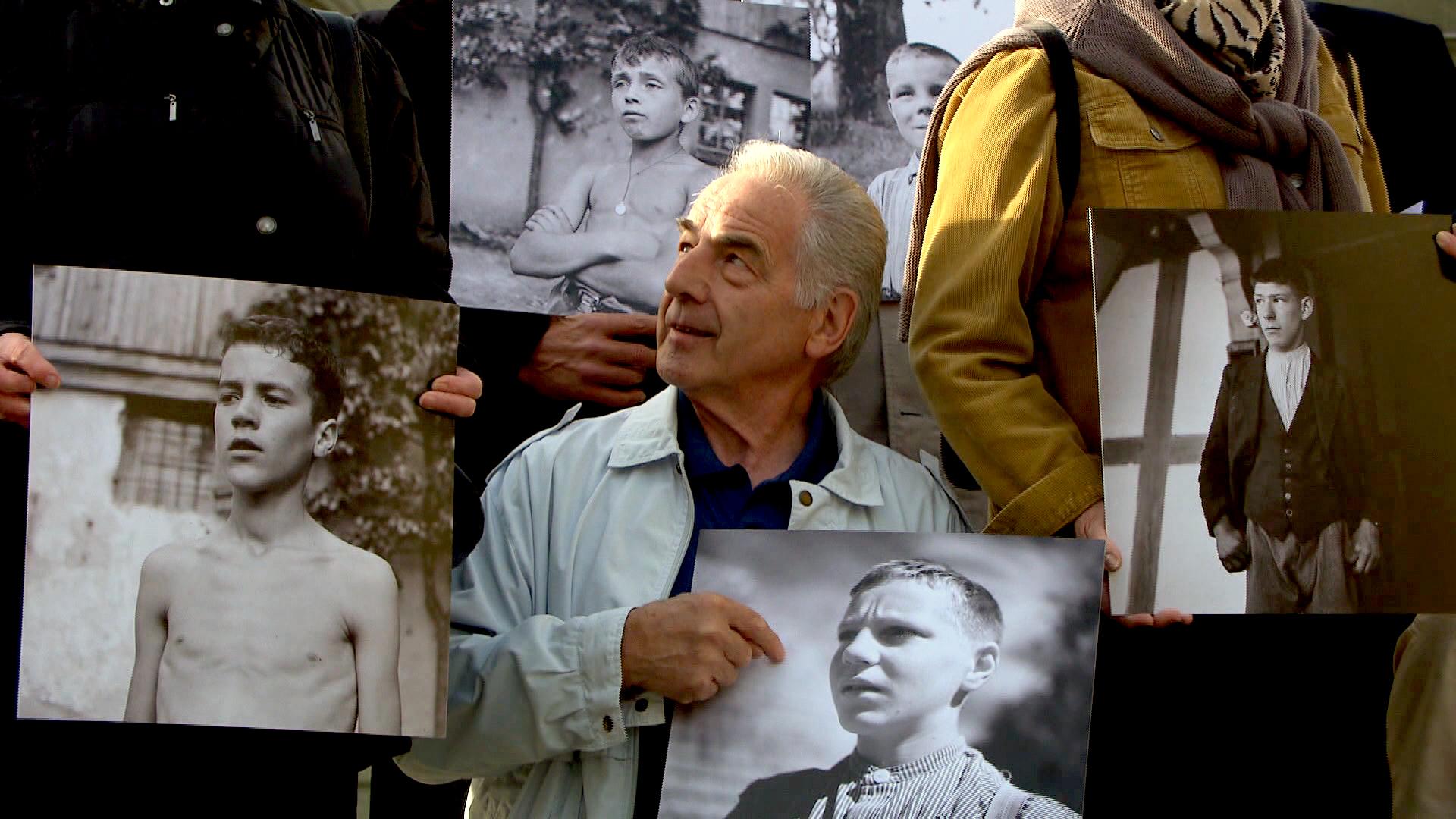
Harsh judgment for a harsh care system

Switzerland is going through a process of atonement for historic wrongs committed against children in care. The players are often reduced to simple stereotypes: cruel authorities and exploitative foster parents, with little mention of the other main culprit – poverty.
There is no doubt that children in the crowded and underfunded care system up to the 1970s were among the country’s most vulnerable citizens. Little attention was paid to their emotional or developmental needs and there was no proper mechanism to protect them from neglect and abuse.
But as flawed as the system was, not everyone acted with disregard for children’s welfare, a concept that was defined quite differently then. There were also social problems and prejudices, particularly against illegitimacy and poverty, that extended to society as a whole.
So what were the economic realities and moral climate of mid-20th century Switzerland that might have cultivated such a harsh approach to childcare?
Most of the influential adults of the time – parents, teachers, lawyers, officials, members of religious orders – are no longer alive to explain their actions. Their testimony is largely absent from the current body of research into the issue, most of which has only been carried out in the last decade and relies on victims’ testimonies and documentary evidence.
Historian Loretta Seglias has researched how the communes intervened to assist poor families and lone parents, with or without their consent. She notes that in the middle of the last century, “a large proportion of the Swiss population still lived in existential poverty”.
Supporting those families was an enormous financial and organisational challenge. Rather than make welfare payments, the standard response was for one or more children to be removed from the family home and placed either in an institution or with a farming family.
“Swiss society was convinced that these children needed to learn how to work. So for educational reasons they were placed where they could learn how to work, in order to be able to support themselves as adults and not have to come back to the communities for support.”
A tough start
Roland Begert is a retired economics teacher who lives in a quiet street in a suburb of Bern. Smartly dressed and well educated, there is no outward sign of the struggle he has been through. Begert was given into care by his mother as a baby in 1937 and has made it his life’s mission to try to understand what went wrong in his childhood.

Begert’s father was an alcoholic and a drifter, described in the parlance of the day as ‘workshy’, a serious charge that could lead to internment in a correctional institution without trial.
His father deserted his mother before Roland’s birth. The mother was a young woman from a gypsy background, an ethnic group known as Jenisch, who were seen as a problem underclass by the Swiss authorities. Taken from her own mother as a child and raised in an institution and as a farm servant, she had no resources to care for her children. Three weeks after Roland’s birth, she gave up the new baby and his older brother, not yet two years old.
“She had absolutely no other choice. Firstly she had no money, and she hadn’t trained in anything. Later I realised that my mother had a very weak, passive character and that this would not have made for a happy upbringing.”
Begert was sent to a Roman Catholic children’s home in canton Solothurn where he spent the first 12 years of his life at no cost to the state. He was one of 280 children in the care of about 25 nuns, unpaid and without time off. The home, like many others of its kind, was funded by donations and run on a tight budget.
The Solothurn property is still being used as a children’s home. Today there are 80 children living there in the care of 170 personnel.

More
Who were Switzerland’s ‘slave children’?
Sexual abuse
With so many children to care for and a disciplinarian ethos, there was never any warmth or affection that Begert can remember. He suffered sexual abuse at the hands of the older boys, which he took to be a normal part of growing up.
“There were some older boys who returned to stay in between foster placements. They introduced us to the world of sexuality and not in a nice or enjoyable way. And the sisters were aware of this to some extent but they had no idea how to deal with it.”
At the age of 12, without any warning or preparation, Begert was sent away to live with a farming family. He describes the relationship with his foster family as neutral.
“There was no affection there but there was respect. I respected them, not out of fear but I quickly felt they were hardworking people who also had to struggle to survive. This farming family, also got 30 francs a month for me. And at the same time they had cheap labour. That was how it was then.”
Children under 14 were forbidden from working in factories as far back as 1877 but it was generally accepted that farm children would work, and work hard. “This was a reality for a lot of children in Switzerland,” Seglias said.
Unofficial placements
Children placed by the authorities were not the only ones to leave home. Parallel to official placements, families on the breadline all over Switzerland made their own arrangements to get by. In 1952 in a small village in Fribourg, 10-year-old Christine was placed by her parents for two years with a neighbour whose wife was ill.
“The man came to my parents and asked if they would have a girl who could come and help his wife, keep her company because she had psychiatric problems and he was sometimes away for two or three days at a time,” she recalled, sitting in her small apartment in the same village more than 60 years later.
“By then my older sister was 15 and had already left home to work, so they sent me.”
When the authorities placed children, contact with the parents was discouraged. Often it was practically impossible for parents to visit or keep track of their children’s welfare.
“These children were being placed with people they usually didn’t know and the control and supervision in the 1950s still wasn’t as good as the law wanted it to be,” Seglias explained.
“That meant that the possibility to burden these children with dangerous work, with work harder than they could bear, also physical, sexual or psychological abuse, these possibilities were higher because nobody really looked after these children,” she added.
Stigma
There were different names for children working on farms, the most well-known German one being Verdingkind, increasingly translated in the English-speaking media as “slave child”. The historian Gianna Virginia Weber who wrote a paper on the definition of Verdingkind favours the English translation ‘indentured child servant’.
By the end of the Second World War, the law had changed to define children placed with other families as foster children. The families were paid for the children’s upkeep. Legally and on paper, there was no such thing as a Verdingkind. In reality, it took decades for the exploitation, and the stigma to end.

More
Reparation finally on the horizon
“That was because of how society looked at these children. They usually had a stigma from being poor, out of wedlock, if the parents were not able to support them because of alcohol or psychiatric problems. These stigmas from the parents were put on the children,” Seglias said.
Begert spent four years with the farming family shouldering a large work burden outside school hours. In the community he was referred to as a Verdingkind and that is how he thought of himself. It was normal for him to be called a ‘lazy lump’ and ‘good-for-nothing’.
“I did not feel that I was part of society at all. No one paved the way into society. The way was cut off,” Begert said.
Despite his good progress in school, and his teacher’s wish to send him on to secondary school, there was no hope of further education. The local poverty inspector ruled that out. Begert was enrolled in an apprenticeship as a foundry worker at the age of 16, hellish years of hard labour as he remembers, where until the age of 22 he was only paid pocket money from his earnings by the boarding house landlady, as arranged by his guardian.
After a health crisis, Begert did eventually find the resources within himself to break away from a life of drudgery. He changed jobs, started night school and turned his life around, eventually qualifying as an economics teacher. In 2008, he published his memoir, “Many years an Outsider”External link.
It has taken many years of campaigning for the government to accept the principle that survivors of historic abuse and neglect in the care system should receive state compensation. Voters may have their say on the size of the compensation fund if forthcoming legislation on the issue does not satisfy campaigners for reparations (see video).
Begert won’t be applying for compensation as it wouldn’t change anything for him, he said. However he recognises that the money will be useful and important to many victims, including his brother. What matters to him is public awareness and the guarantee that child protection will never be so unimportant again.

In compliance with the JTI standards
More: SWI swissinfo.ch certified by the Journalism Trust Initiative

















![The four-metre-long painting "Sonntag der Bergbauern" [Sunday of the Mountain Farmers, 1923-24/26] had to be removed by a crane from the German Chancellery in Berlin for the exhibition in Bern.](https://www.swissinfo.ch/content/wp-content/uploads/sites/13/2025/12/01_Pressebild_KirchnerxKirchner.jpg?ver=8f77363a)












You can find an overview of ongoing debates with our journalists here . Please join us!
If you want to start a conversation about a topic raised in this article or want to report factual errors, email us at english@swissinfo.ch.